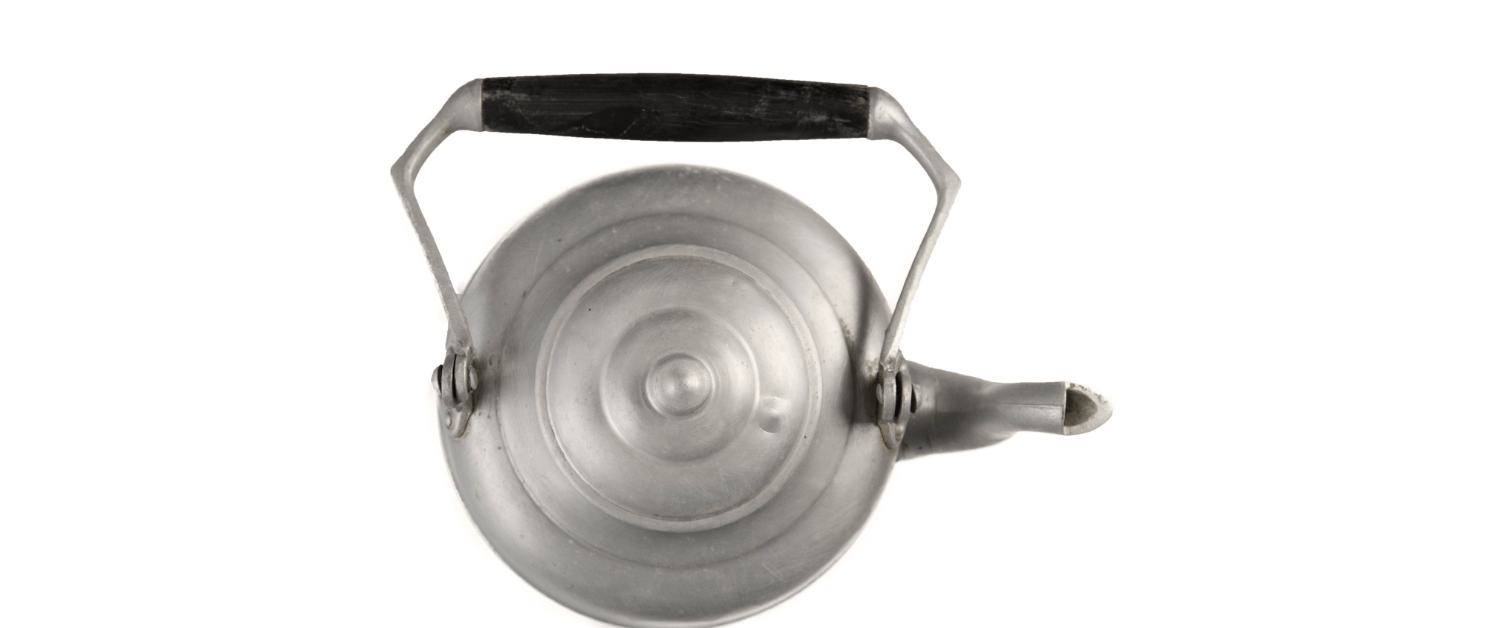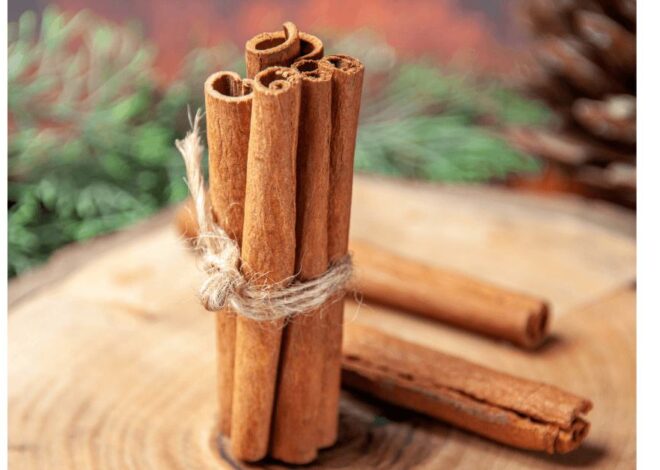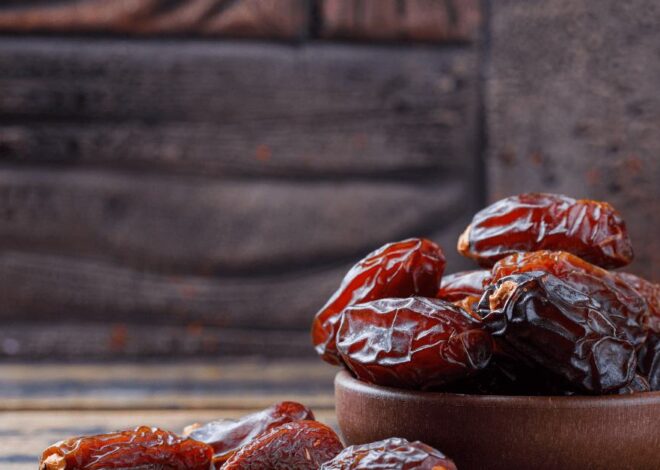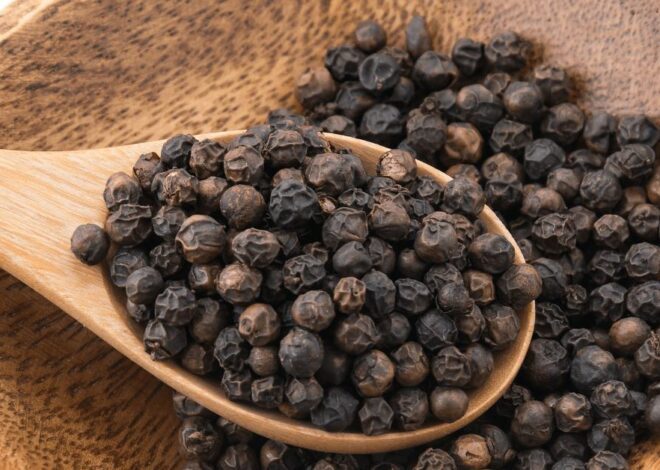
Should You Use Aluminium Utensils for Cooking?
Aluminium utensils have long been a staple in Indian kitchens, thanks to their lightweight design, affordability, and easy availability. But as health awareness grows, many home cooks are beginning to question their safety. This blog explores the pros and cons of cooking with aluminium, especially in the context of Indian recipes that often involve boiling dals, sauteing tomatoes, and using high heat.
Understanding how aluminium interacts with different ingredients can help you make smarter, safer choices for your kitchen.
What makes Aluminium Cookware so popular?
Aluminium utensils have earned their place in kitchens for good reason. Here’s why they are often the go-to choice:
-
- Excellent Heat Conductivity: Aluminium is prized for its ability to heat up rapidly and distribute heat uniformly across the surface. This makes it especially useful for high-heat cooking techniques like frying, sauteing, and browning spices. Its responsiveness to temperature changes allows for better control while cooking.
- Lightweight and Easy to Handle: Aluminium cookware is significantly lighter than cast iron or steel, making it easy to lift, stir, and wash. It is a popular choice and is especially helpful for elders or anyone with joint pain or limited mobility. Its manageable weight makes it ideal for daily cooking.
- Budget-Friendly: Aluminium cookware is one of the most economical options available, making it accessible for households on a budget. It is widely available in various sizes and styles, often at a fraction of the cost of stainless steel or ceramic alternatives. This affordability allows for easy replacement or expansion of kitchen essentials.
- Versatile Cooking Options: Aluminium cookware adapts easily to a wide range of cooking techniques from boiling rice and steaming vegetables to baking cakes and roasting snacks. It is excellent heat response makes it suitable for both stovetop and oven use. Many Indian households rely on aluminium kadais, pressure cookers, and baking trays for everyday meals. This versatility makes it a go-to choice for multi-purpose cooking.
- Non-Stick Coating Options: Many aluminium pans are available with non-stick coatings like Teflon or ceramic, which help prevent food from sticking and reduce the need for excess oil, ideal for health-conscious cooking. These coatings also make cleanup quicker and easier, especially after frying or sautéing. Non-stick aluminium is popular for dishes like dosas, omelettes, and stir-fries.
What are the Health Risks of cooking in Aluminium?
Despite its popularity, aluminium cookware comes with potential health concerns, especially when not used properly.
-
- Reacts with Acidic Ingredients: Cooking with tomatoes, vinegar, or lemon can cause aluminium to leach into food.
- Linked to Neurological Issues: Some studies suggest a possible connection between aluminium exposure and Alzheimer’s disease.
- Kidney Concerns: Excess aluminium may not be filtered properly by those with kidney issues.
- Digestive Discomfort: Long-term exposure to aluminium can lead to stomach irritation and other gut-related problems.
- Allergic Reactions: Though rare, some people may experience skin sensitivity or allergies to aluminium.
Common Questions Answered for using Aluminium.
-
- Is aluminium cookware safe for daily use? Yes, but only when used with caution. Avoid cooking acidic foods and opt for anodized aluminium if possible.
- Can aluminium cause cancer? There is no direct scientific proof, but excessive aluminium exposure may increase toxicity levels in the body.
- Is anodized aluminium better? Absolutely. Anodized aluminium has a protective layer that reduces leaching and improves durability.
- What foods should not be cooked in aluminium? Avoid acidic dishes like tomato curry, tamarind rasam, or lemon rice.
- For how long should you use an aluminium utensil? Aluminium utensils can be used safely until they show signs of wear like pitting, discoloration, or peeling of the non-stick coating. Regular inspection is the key to ensuring food safety.
- Is aluminium safe for cooking at high temperatures? Aluminium is generally safe for cooking at high temperatures, especially when using anodized or coated cookware. However, when exposed to very high heat for extended periods, uncoated aluminium may release trace amounts of metal into food.
- Is it safe to use aluminium foil for wrapping food? Aluminium foil is generally safe for wrapping food, especially when used with cold or room-temperature items. However, caution is advised when wrapping hot, acidic, or spicy foods, as heat can cause aluminium to leach into the food, potentially posing health risks. For safer use, avoid direct contact with such foods or opt for alternatives like parchment paper or food-grade wraps.
Safer Alternatives to Aluminium Utensils
If you are looking to reduce aluminium exposure, consider switching to:
-
- Stainless Steel: Stainless steel is a safe, non-reactive material that doesn’t leach into food, even when cooking acidic ingredients like tomatoes or tamarind. It is highly durable, rust-resistant, and easy to clean, making it perfect for everyday Indian cooking.
- Cast Iron: Cast iron retains heat beautifully and distributes it evenly, making it ideal for slow-cooked Indian dishes like bhuna sabzi or stuffed parathas. It naturally enriches food with iron, which is beneficial for those with iron deficiencies. With proper seasoning, it becomes non-stick and lasts for decades.
- Ceramic Cookware: Ceramic cookware is non-toxic and free from harmful chemicals making it a safe choice for health-conscious cooks. It is excellent for baking, serving, and gentle cooking, though not ideal for high-heat frying. Its smooth surface doesn’t react with food, preserving taste and nutrients. It also adds a touch of elegance to your kitchen.
- Clay Pots: Clay pots are deeply rooted in Indian culinary tradition and known for enhancing flavor through slow, even cooking. Their porous nature allows moisture to circulate, making dishes like biryani, sambhar, and kheer more aromatic and rich. They are naturally alkaline, helping balance acidity in food. Though fragile, they offer unmatched taste and authenticity.
Conclusion
Aluminium cookware is undeniably convenient and budget-friendly, but its reactivity with acidic foods like tomatoes, tamarind, and lemon can pose health risks over time. Regular exposure may lead to aluminium leaching, which is linked to digestive and neurological concerns. For Indian kitchens, where tangy flavors are a daily staple, switching to safer options like stainless steel or anodized aluminium helps protect both taste and well-being. Making this simple change can support healthier cooking habits for the long run.



